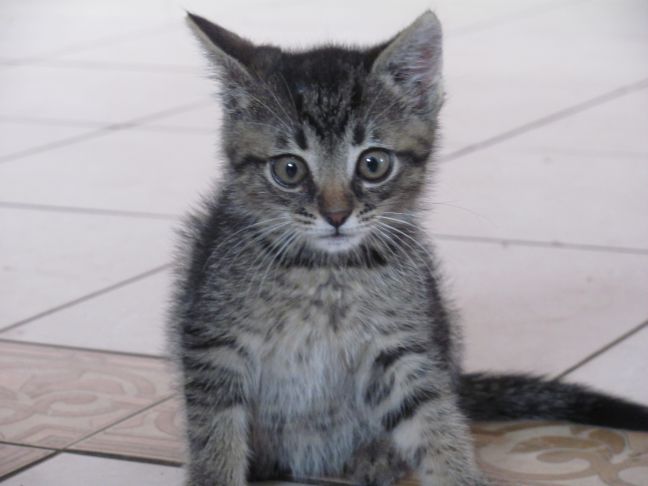Can you wash a cat: how to bathe it
Every day the cat washes itself thoroughly. With its rough tongue it licks its fur, cleaning it from dirt.
When licking the fur, a substance contained in the glands is released and makes the fur waterproof.
By licking itself, the cat also restores vitamin D and stimulates blood circulation. Licking also promotes the production of endorphins, which calm the cat.
How to wash a cat
Bathe your cat only when necessary: if it is dirty. It is important to use a specially adapted shampoo for washing your cat. Cats have a different pH than humans. Even ultra-mild baby shampoo will not work.
For bathing cats, there are shampoos adapted to the nature of the coat, as well as its color.
Laboratories and manufacturers have made great progress, and you will find in stores a product that will best suit your pet.

Train your cat to wash itself as soon as possible.
As with brushing, ideally you want to get your cat used to bathing as soon as possible. There are plenty of dry shampoos, but save them for sick cats, those who have difficulty grooming themselves!
Bathing a cat is more difficult than washing a dog. Cats don't really like water. Except for the kind that drips from the tap, so they can play with it or drink it!
Before bathing, brush your cat. If your cat has long hair, make sure it is untangled. Check and remove any knots.
When bathing, do not get irritated, talk to the cat calmly and affectionately, even... if it does not obey!
Check the water temperature. Be careful with the cat's reaction: it may grab your hand to escape. In these cases, the appearance of claws cannot be ruled out. Protect your hand, for example, with a towel.
Carefully place the cat in the bathtub (shower tray, sink) so that its paws are immersed in a small amount of water of the right temperature. Place a towel on the bottom so that the cat does not slip.
Using a low-pressure shower, gradually wet the cat's body, avoiding water getting on the head (eyes, ears).
After wetting, apply shampoo and massage in. Rinse well before drying to remove any traces of shampoo.
If necessary, use several prepared towels. Avoid a hair dryer, the noise and blowing air will frighten the cat.
After bathing, provide your cat with a warm and quiet place to rest and the opportunity to dry off on its own. If your pet is easy to bathe and does not get angry, praise it and give it its favorite treat.
It is important to remember that frequent bathing of cats is not recommended, as it can disrupt the natural balance of their coat and skin.
Earlier we talked about why cats put their paws on a person’s face.
